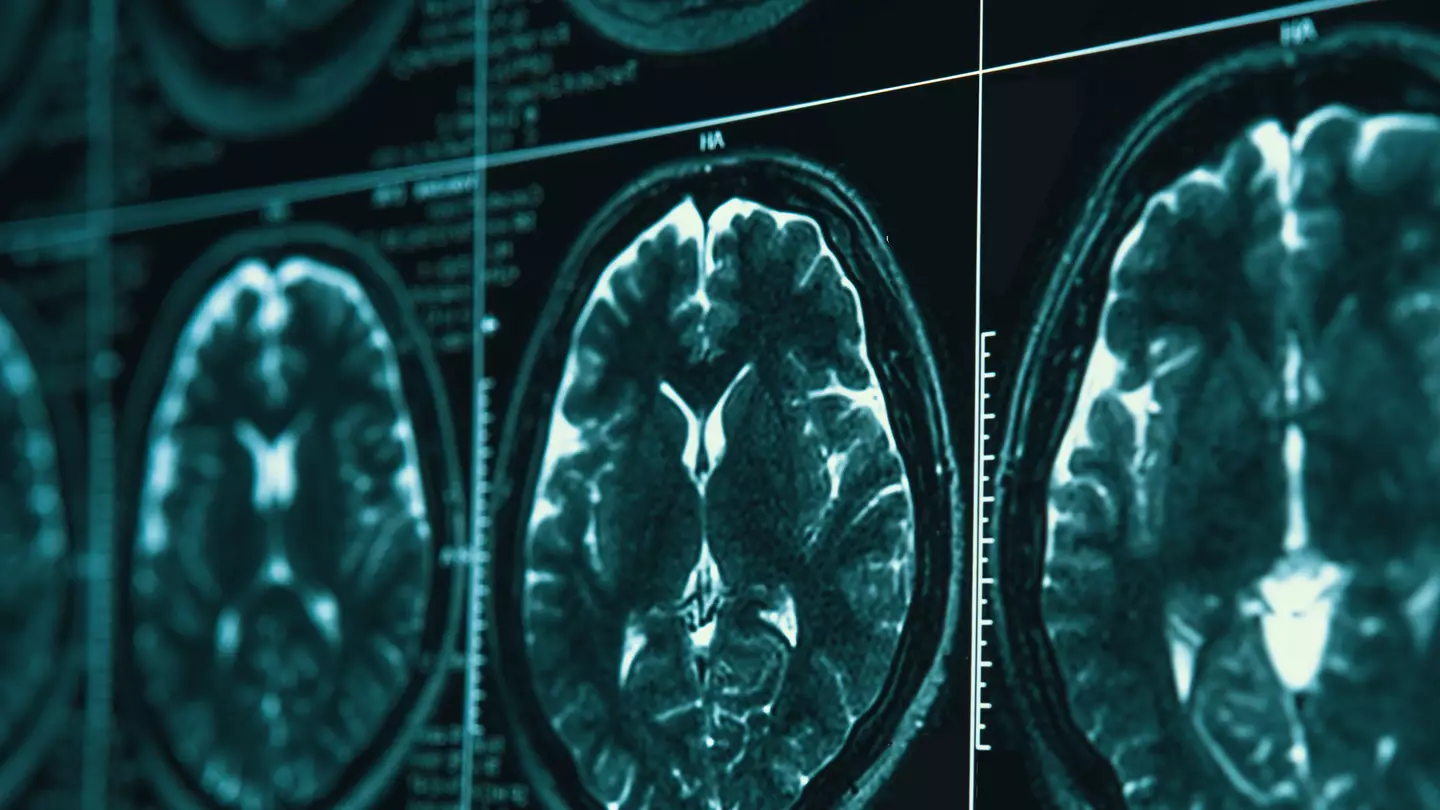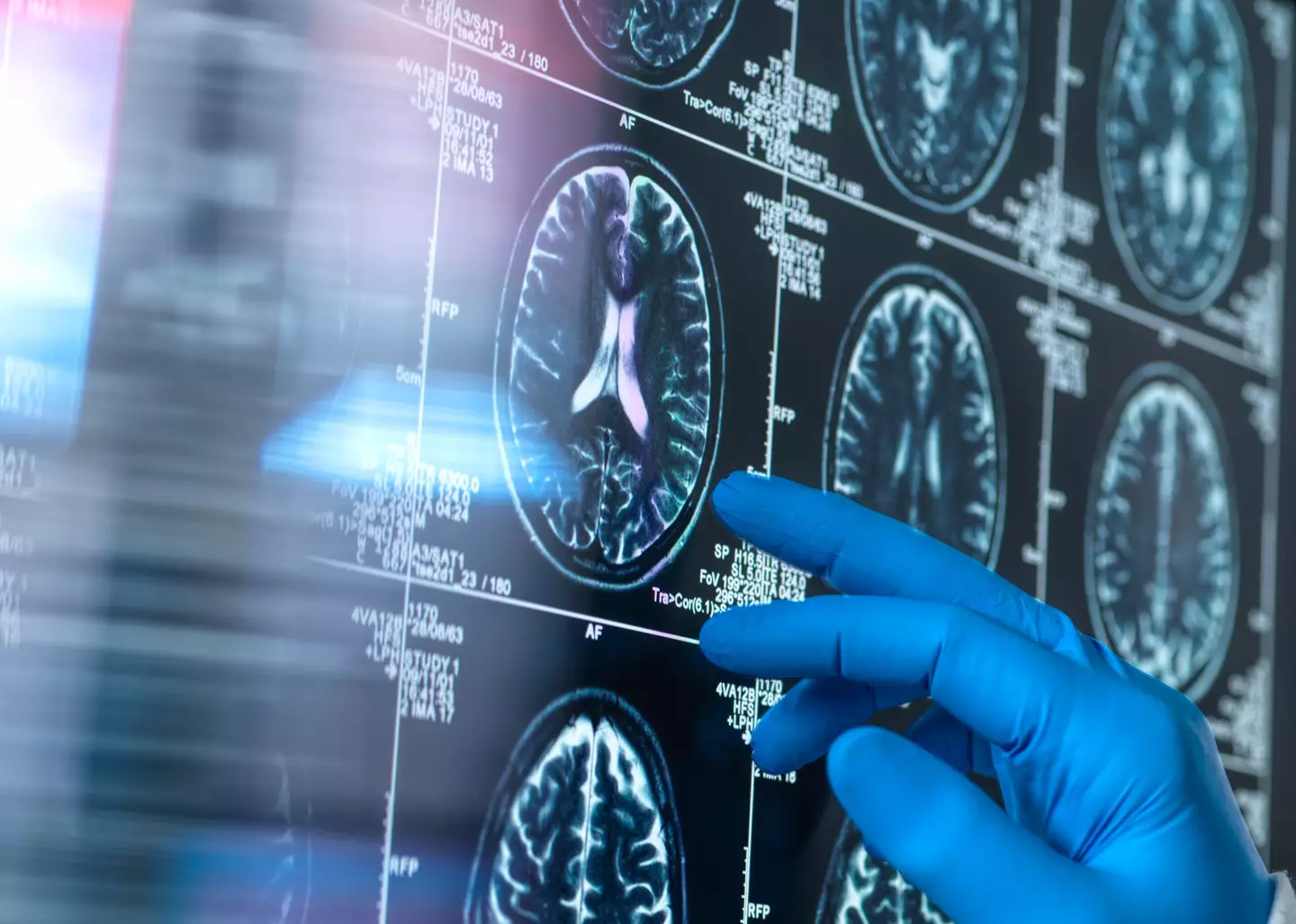
Scientists think they've found a link between Alzheimer's disease and our breathing which could help medics detect the illness early on.
The research, conducted at the University of Lancaster, gave scientists some 'unexpected' results as one expert described it as a 'revolutionary' discovery.
The NHS explains that Alzheimer's disease is a progressive condition, with symptoms developing gradually over a number of years.
The first sign is often minor memory problems but other symptoms can follow, including: confusion, disorientation and getting lost in familiar places; difficulty planning or making decisions; problems with speech and language; problems moving around without assistance; personality changes; hallucinations and low mood or anxiety.
Advert
Now, researchers think there could be a link between the type of breaths we take and our risk of Alzheimer's.
The study found that those with the disease took shorter, more shallow breaths than those without.
People diagnosed were taking an average of 17 breaths per minute while those without Alzheimer's took 13.
Professor Aneta Stefanovska from Lancaster University said: "This is an interesting discovery – in my opinion a revolutionary one – that may open a whole new world in the study of Alzheimer's disease.
"It most likely reflects an inflammation, maybe in the brain, that once detected can probably be treated and severe states of Alzheimer's might be prevented in the future."

Meanwhile, Dr Bernard Meglič, clinical coordinator of the study, said: “The vascular system and the brain work together to ensure that the brain receives sufficient energy.
"In fact, the brain needs as much as 20 percent of the body’s overall energy consumption despite contributing only about two percent of the body’s weight.”
The study is particularly significant because it could lead to more effective treatment for those with Alzheimer's disease.
However, further research needs to be carried out to clarify when this change happens and 'whether or not a higher respiration rate is common in Alzheimer's disease patients'.

For example, other conditions can impact how many breaths per minute are taken, with the normal amount for an adult usually ranging between 12 and 18.
The Cleveland Clinic explains: "Your respiratory rate, or your breathing rate, is the number of breaths you take per minute.
"The normal respiratory rate for an adult at rest is 12 to 18 breaths per minute. A respiration rate under 12 or over 25 breaths per minute while resting may be a sign of an underlying health condition."